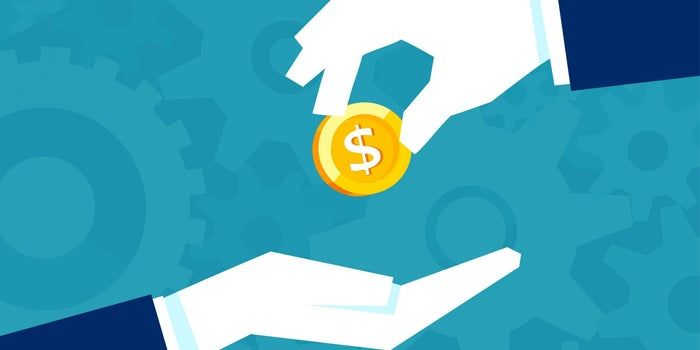Did You Know: How to Get a Bank Loan?
Triston Martin
Sep 14, 2022
Introduction
How to get a bank loan? A personal loan can assist if you need to get over a temporary financial hump, cover an unforeseen expense, accelerate your debt repayment, or make a large purchase. Personal loans are widely available through financial institutions, including banks, credit unions, and online lenders, most of which are unsecured. Personal loans can be used for anything from paying off existing debt to making large purchases like cars or homes. Know that there are several steps to the application process before you start. Learning such procedures can help you anticipate and prepare for what lies ahead.
How to Qualify for a Personal Loan
To get approved for a personal loan, you must go through several hoops, the first of which is to make sure you need one. The interest rate on home equity or auto loan may be lower than that of other types of loans if you intend to utilise the money to make home improvements or make a significant purchase.
If Something Looks Wrong, Draw Your Credit Report
To gauge how likely you make timely loan payments, creditors use a three-digit figure known as a credit score. Your credit-related activities are tracked and recorded in your credit report, which determines your score. To check your credit score for free every week until April 20, 2022, you can visit any of the three major credit bureaus' websites. Although your credit score won't be included, you can see the details lenders use when deciding whether or not to extend your credit. Reviewing your report lets you learn what areas of your credit score require work.

Run The Numbers
Neither you nor the lending institution wants you to take out a personal loan that you won't be able to repay. Lenders will likely verify your income and assets to ensure you can repay the loan, but it never hurts to double-check. First, calculate how much money you need, keeping in mind that origination fees are taken from some loans. It would help if you only borrow what you will need after paying the cost.
Understand That Loans Could Amplify Credit Scores
It can be more helpful than you might expect if you want to borrow money or reduce your debt more quickly. If you make your payments regularly and on time, the lender will submit this information to the three major credit agencies, which will favour your credit score. Reducing the debt you owe might also help increase your utilisation ratio. The accepted threshold for this ratio is 30%.
Decide Where to Borrow Money
Do some comparison shopping for a lender once you know your credit, loan type, and desired loan amount. The best mortgage lenders and personal loan firms are ranked and compared on the Balance. Once again, your choice of lender may be limited by the specifics of the loan you need. All financial establishments provide neither commercial nor education loans. You should begin your search with financial organisations with a solid reputation for offering the type of loan you need at reasonable rates. If you need money for college, it's best to start with the financial aid office at your school before looking into private student loans from the bank.
Collateral
To qualify for a secured personal loan, you must put up some valuable collateral with your lender. For example, if you're getting a loan to buy a house or car, the collateral you put up has to do with that. Other forms of collateral, such as cash, investments, real estate, or expensive collectables such as coins or precious metals, can be used to secure a personal loan.
Decide on a Bank Loan Amount
Always remember that a loan is not free money and that you will have to pay back the principal amount plus interest to the lender. Borrowing too much money can be a bad idea because it can negatively affect your credit score if payments aren't made on time. The sum you'll need to borrow should reflect your intended use of the funds. But it would help if you also considered your monthly or quarterly loan payments and whether you can afford them.

Conclusion
Personal loans can be used to consolidate debt, pay emergency medical care, and fund much-needed vacations. Most personal loans are unsecured because the borrower does not have to put up any security. Typically, a personal loan repayment period ranges from two to five years. Personal loan options are very conditional on the borrower's creditworthiness (as determined by the credit score) and the purpose of the money.







